|
| Navigating through Toronto's hardwood flooring options might seem daunting, but armed with the right information, it becomes an exciting journey to finding the perfect flooring for your home. High-quality hardwood flooring is not just a purchase; it's a long-term investment in the beauty and comfort of your living space. Whether you opt for the classic charm of solid hardwood or the modern versatility of engineered flooring, the key is to focus on quality, sustainability, and a style that resonates with your personal taste and home's character. At Parqueteam Hardwood Flooring, we understand the importance of each step in this journey – from choosing the right wood to professional installation. We take pride in guiding our clients through this process, ensuring that they not only find the best hardwood flooring in Toronto but also enjoy the beauty and durability it brings to their homes for years to come. Remember, the best floors are the ones that you'll love walking on every day. |
FAQ Section: Your Hardwood Flooring Questions Answered
A: The highest quality hardwood flooring is often characterized by its durability, finish, and grain quality. Species like Canadian maple and oak are highly regarded for their longevity and aesthetic appeal.
Q: What is the best grade of hardwood flooring for my home?
A: The best grade often depends on your personal preference and the intended use of the space. Clear or select grades offer uniformity and fewer imperfections, ideal for formal areas. For a more natural look with character, consider lower grades with more knots and color variation.
Q: What is the best hard hardwood flooring for high-traffic areas?
A: For high-traffic areas, hardwoods like hickory or oak are excellent choices due to their hardness and durability. These species can better withstand wear and tear, maintaining their appearance over time.
Q: How much does hardwood flooring typically cost in Toronto?
A: The cost of hardwood flooring in Toronto varies based on the type of wood, installation complexity, and the area's size. On average, prices can range from moderate to high-end, depending on these factors. For a detailed cost analysis specific to Toronto, check out our breakdown on hardwood flooring costs.
What is the Best Thickness for Engineered Hardwood Flooring?
Understanding Engineered Hardwood Flooring:
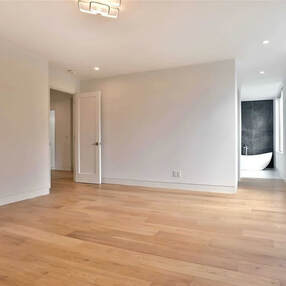 Engineered wood flooring toronto
Engineered wood flooring toronto What sets engineered hardwood apart is its adaptability. It can be installed in areas where solid hardwood might not be suitable, such as basements or over radiant heating systems. The multi-layered construction offers resistance to changes in temperature and humidity, reducing the risk of warping or buckling.
But not all engineered hardwood is created equal. The thickness of the veneer and the overall plank can vary, influencing the floor's durability and lifespan. To truly appreciate the importance of thickness in engineered hardwood, one must delve deeper into its implications for performance and longevity.
For a more comprehensive understanding of engineered hardwood and its varieties, explore our detailed guide on Engineered Hardwood Flooring.
The Significance of Thickness in Engineered Hardwood
- Is Thicker Always Better?: While a thicker floor offers more durability, it's essential to balance thickness with the specific needs of your space. For instance, if you're installing the floor in a low-traffic area, a thinner option might suffice. However, for high-traffic areas or homes with pets, opting for a thicker floor can be a wise investment.
- Standard Thicknesses: Engineered hardwood floors come in various thicknesses, typically ranging from 3/8 inch to 3/4 inch. The choice of thickness often depends on factors like subfloor type, installation method, and budget constraints. For a detailed breakdown of standard flooring dimensions, check out our guide on hardwood flooring styles.
Benefits of Opting for a Thicker Engineered Hardwood
- Durability: Thicker floors tend to withstand wear and tear better, making them ideal for high-traffic areas.
- Refinishing Potential: A thicker veneer layer means the floor can be sanded and refinished multiple times, extending its lifespan.
- Sound Insulation: Thicker floors offer better sound insulation, adding to the comfort of your living space.
- Feel Underfoot: A thicker floor often feels more solid underfoot, closely mimicking the feel of solid hardwood.
The Core of Engineered Hardwood: What Makes It Special
- 3-Layer Engineered Hardwood Floors
3-layer engineered hardwood floors consist of three layers of wood. The top layer, also known as the wear layer, is made of solid hardwood and displays the color and pattern of the chosen wood species. This layer is typically 2-4 mm thick and can be sanded and refinished over time. - Multi-Ply Engineered Hardwood Floors
Multi-ply engineered hardwood floors, on the other hand, consist of multiple thin layers of plywood bonded together, with a top layer of solid hardwood. The number of layers can vary, but it's typically 5 layers.
Addressing Common Queries
- Is 3/8 inch engineered wood flooring good?: Yes, 3/8 inch is a common thickness for engineered hardwood and is suitable for various applications. However, its refinishing potential might be limited compared to thicker options.
- Does thickness matter in engineered hardwood?: Absolutely! Thickness determines the floor's durability, refinishing potential, and overall feel.
- How can you tell if engineered hardwood is high quality?: Look for a thicker veneer, quality of the core layers, and the floor's finish. A reputable brand and warranty can also be indicators of quality. For more insights on quality indicators, explore our article on decoding timeless colours in hardwood flooring.
Disadvantages of Engineered Wood Flooring: A Balanced View
- Limited Refinishing: Unlike solid hardwood, engineered floors have a finite number of times they can be refinished, especially if they have a thinner veneer.
- Sensitivity to Moisture: While engineered floors fare better than solid hardwood in moisture-prone areas, they aren't entirely waterproof. Prolonged exposure can lead to warping or buckling.
- Cost: High-quality engineered floors can be on the pricier side, especially those with thicker veneers and premium cores.
Making the Right Choice: Factors to Consider
- Location: Areas prone to moisture, like basements, might require engineered floors with moisture-resistant cores.
- Traffic: High-traffic areas benefit from thicker floors that can withstand wear and tear.
- Budget: While it's tempting to opt for cheaper options, investing in a quality floor can save costs in the long run.
- Aesthetic Preferences: The veneer's thickness can influence the floor's appearance, especially when it comes to the depth of its grain and texture.
The Verdict: Is Thicker Always Better?
For instance, a thicker floor with a subpar core might not perform as well as a thinner floor with a high-quality core. Similarly, a well-installed thinner floor can outlast a poorly installed thicker one. It's all about striking the right balance and understanding the specific needs of your space.
Engineered hardwood flooring offers a blend of beauty, durability, and versatility. While its thickness is an essential factor, it's just one piece of the puzzle. Toronto homeowners should consider all aspects, from core quality to installation methods, to make an informed decision. At Parqueteam hardwood Flooring, we pride ourselves on guiding our clients through every step, ensuring they choose the perfect flooring solution tailored to their needs. Whether you're leaning towards a solid hardwood floor or exploring laminate options, our team is here to help you navigate the world of flooring with confidence.
FAQ
2. How does thickness affect the durability of engineered hardwood? Thicker floors generally offer better durability. They can withstand wear and tear more effectively and are less prone to denting from heavy furniture.
3. How important is the veneer thickness in engineered hardwood? The veneer's thickness is crucial for the floor's longevity. A thicker veneer allows the floor to be sanded and refinished multiple times, extending its life.
4. What is a good veneer thickness for engineered hardwood? A veneer that's at least 2mm thick is considered ideal for most residential settings, allowing for potential sanding and refinishing.
5. How does the core quality impact the floor's performance? A high-quality core, like plywood, ensures the floor remains stable over time, reducing the chances of warping or bowing.
6. Is a 3/8 inch engineered wood flooring recommended? 3/8 inch thickness engineered hardwood floor is a decent floor to have, and also can be cheaper option if budget is tight, but keep in mind the limitations of this thickness and long term durability of it, as most likely you won't be able to refinish this floor in the future due to it being very thin.
7. Does thickness play a role in sound insulation, especially in condos? Yes, thicker engineered hardwood floors can offer better sound insulation, making them a preferred choice in multi-story buildings or condos.
8. How can I determine the quality of engineered hardwood? Look for factors like a thicker veneer, a high-quality core material, and reviews or recommendations from a reputable manufacturer.
9. Is thicker engineered hardwood always the better choice? While thickness is essential, other factors like core quality, adhesive type, and installation method also play crucial roles in the floor's overall performance.
10. Where can I get expert advice on choosing the right engineered hardwood for my home in Toronto? Parqueteam Hardwood Flooring offers comprehensive guidance to Toronto homeowners, ensuring they select the best flooring solution for their specific needs.
Discover The Benefits of Engineered Hardwood Flooring in Toronto with Parqueteam Hardwood Flooring Ltd.
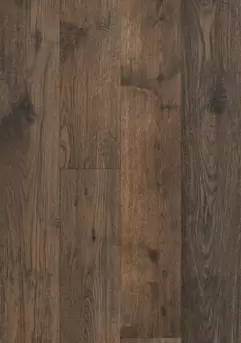
1. Durability
Toronto's climate can be unpredictable at times, from hot and humid summers to cold and damp winters. Engineered hardwood flooring is designed to withstand these fluctuations without warping, cupping, or expanding, making them an excellent choice for Toronto homes and businesses. With the solid hardwood veneer on the top layer, you get the look and durability of solid hardwood at a fraction of the cost.
2. Cost-effective
Engineered hardwood is a more affordable option than solid hardwood. It also requires less maintenance over time, making it a cost-effective and sustainable solution for most home and business owners in Toronto. With Parqueteam Hardwood Flooring Ltd, you can get high-quality engineered hardwood flooring at affordable prices, without compromising on style or durability.
3. Variety of Styles and Finishes
With engineered hardwood flooring, you can choose from a wide range of styles, colors, and finishes to suit your taste and preferences. At Parqueteam Hardwood Flooring Ltd, we have a vast selection of engineered hardwood flooring options to choose from, so you can find the perfect fit for your Toronto home or business.
4. Easy to Install
Installation of engineered hardwood flooring is quick and easy, minimizing disruption to your home or business. With a simple click lock installation system, you can have your new floor installed in no time. Plus, with Parqueteam Hardwood Flooring Ltd, our skilled professionals will take care of everything, from design and preparation to installation and cleanup.
Conclusion
Parqueteam Hardwood Flooring Ltd is your go-to source for high-quality, affordable, and durable engineered hardwood flooring in Toronto. Our experts are here to help you find the perfect flooring options for your home or business. Contact us today to get started with your flooring project!
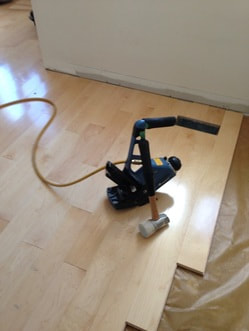
Installation of engineered hardwood flooring is quick and easy, minimizing disruption to your home or business. With a simple click lock installation system, you can have your new floor installed in no time. Plus, with Parqueteam Hardwood Flooring Ltd, our skilled professionals will take care of everything, from design and preparation to installation and cleanup.
Conclusion
Parqueteam Hardwood Flooring Ltd is your go-to source for high-quality, affordable, and durable engineered hardwood flooring in Toronto. Our experts are here to help you find the perfect flooring options for your home or business. Contact us today to get started with your flooring project!
Parqueteam Hardwood Flooring
Hardwood Flooring Toronto and The Greater Toronto Area.
Archives
December 2023
November 2023
October 2023
September 2023
August 2023
June 2023
May 2023
April 2023
July 2018
February 2018
January 2018
December 2017
March 2017
February 2017
January 2017
November 2016
October 2016
May 2016
March 2016
February 2016
January 2016
December 2015
November 2015
October 2015
September 2015
August 2015
July 2015
June 2015
May 2015
April 2015
March 2015
February 2015
January 2015
December 2014
June 2014
May 2014
April 2014
March 2014
Categories
All
Affordable Flooring
Art Flooring
Canada
Canadian
Clean Hardwood Floors
Cleaning Hardwood Floors
Commercial Hardwood Flooring
Condos
Construction
Construction Materials
Consturction
Contractors
Cost And Budgeting
Dark Hardwood Flooring
Design
DIY
Durable Hardwood Floors
Engineered Hardwood
Engineered Hardwood Flooring
Engineered Hardwood Flooring Toronto
Engineered Hardwood Floors
Engineered Wood Floors
European Hardwood Flooring
Floating Hardwood Flooring
Flooring
Flooring Baseboards
Flooring Baseboards Installation
Flooring Benefits
Flooring Comparison
Flooring FAQs
Flooring Guide
Flooring Innovation
Flooring Installation
Flooring Maintenance
Flooring Options
Flooring Refinishing
Flooring Solutions
Flooring Styles And Patterns
Flooring Tips
Flooring Tips And Guides
Flooring Trends
Floors
Glue Down Hardwood Floors
Hardwood
Hardwood Floor
Hardwood Flooring
Hardwood Flooring Contractor
Hardwood Flooring Contractors
Hardwood Flooring Contractors In Toronto
Hardwood Flooring Contractors Toronto
Hardwood Flooring Finishes
Hardwood Flooring Installation
Hardwood Flooring Installation Cost
Hardwood Flooring Installation In Markham
Hardwood Flooring Installation In Toronto
Hardwood Flooring Installation Toronto
Hardwood Flooring Installers In Toronto
Hardwood Flooring In Toronto
Hardwood Flooring Markham
Hardwood Flooring Refinishing
Hardwood Flooring Repairs
Hardwood Flooring Sanding And Refinishing
Hardwood Flooring Toronto
Hardwood Flooring Trends
Hardwood Floors
Hardwood Floors Toronto
Hardwood Stairs
Hickory Flooring
Home Decor
Home Decor Tips
Home Design
Home Improvement
Home Imrovement
Home Investment
Home Renovation
Home Renovations
Homes
Home Solutions
House
Installation
Interior Design
Interiors
Kitchen Remodeling
Laminate
Laminate Flooring
Laminate Flooring Installation
Laminate Flooring Installation Toronto
Laminate Flooring Installers
Laminate Flooring Toronto
Laminate Floors
Maple Flooring
Modern Home Improvement
Oak Flooring
Parqueteam
Parqueteam Hardwood Flooring
Real Estate
Real Estate Value Enhancement
Refinishing
Solid Vs Engineered Flooring
Solid Wood Flooring
Staining Hardwood Floors
Sustainable Flooring
Tips
Toronto
Toronto Climate
Toronto Flooring
Toronto Flooring Services
Toronto Hardwood Flooring
Toronto Home Improvement
Toronto Homeowners
Toronto Homeowners Guide
Toronto Home Renovation
Toronto Home Style
Toronto Living
Toronto Real Estate
Wood
Wooden Floors
Wood Flooring
Wood Flooring Installation
Wood Flooring Installation In Toronto
Wood Flooring Toronto
Wood Floors
Wood Stairs Installation Toronto
Wood Stairs Toronto


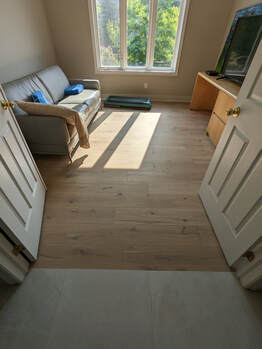
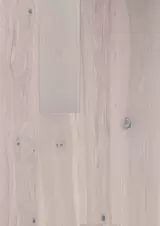
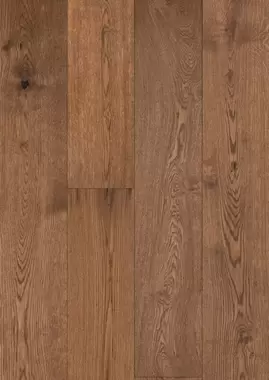
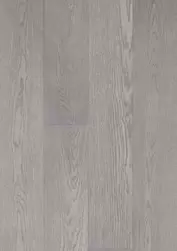
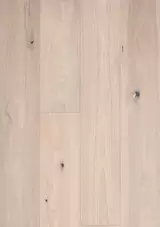
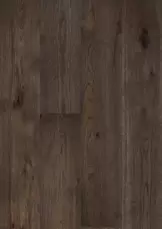
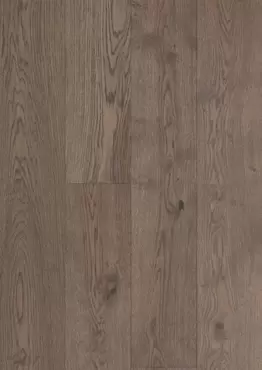
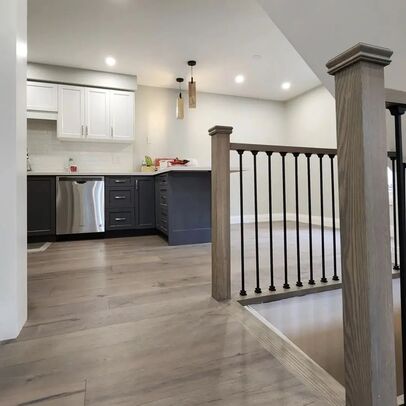


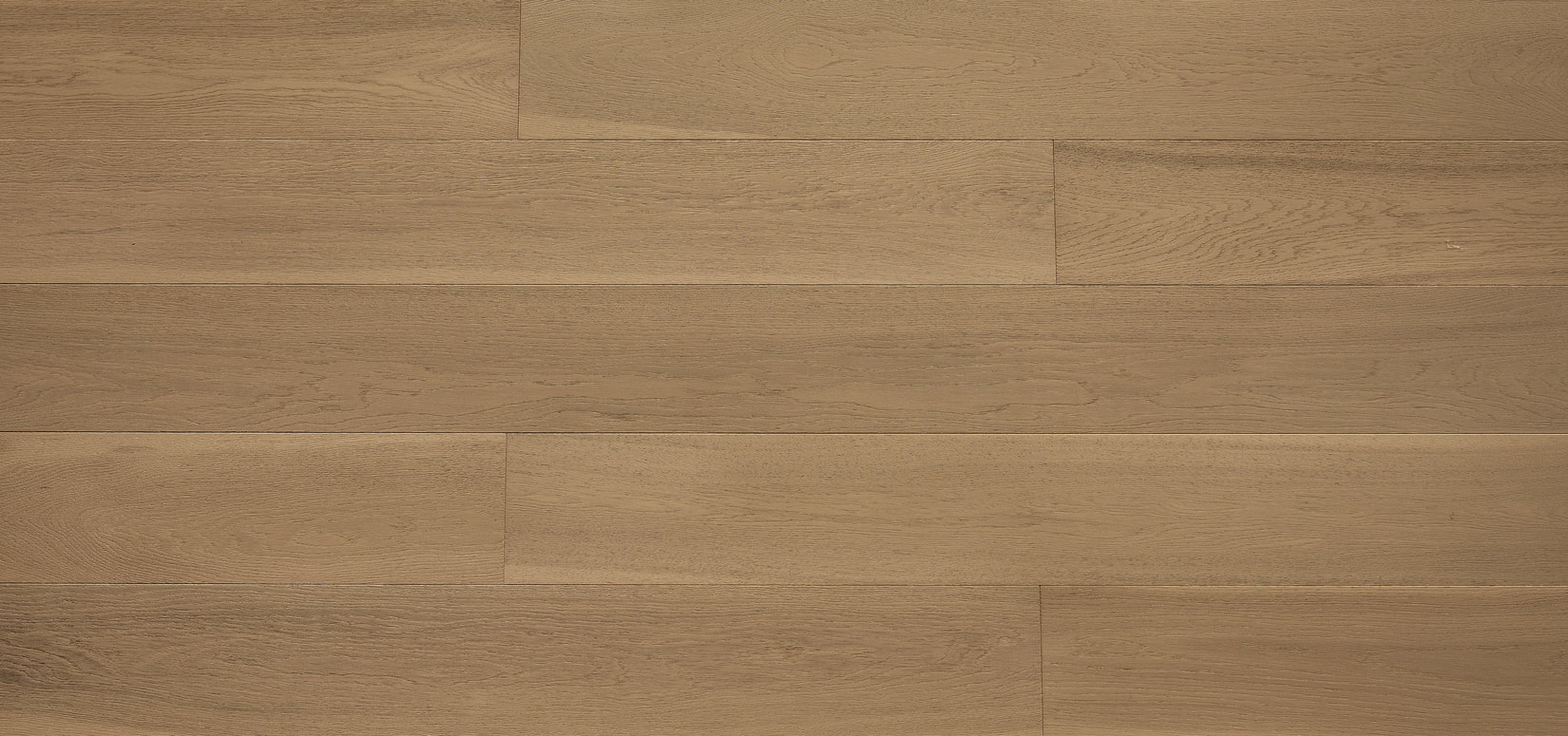
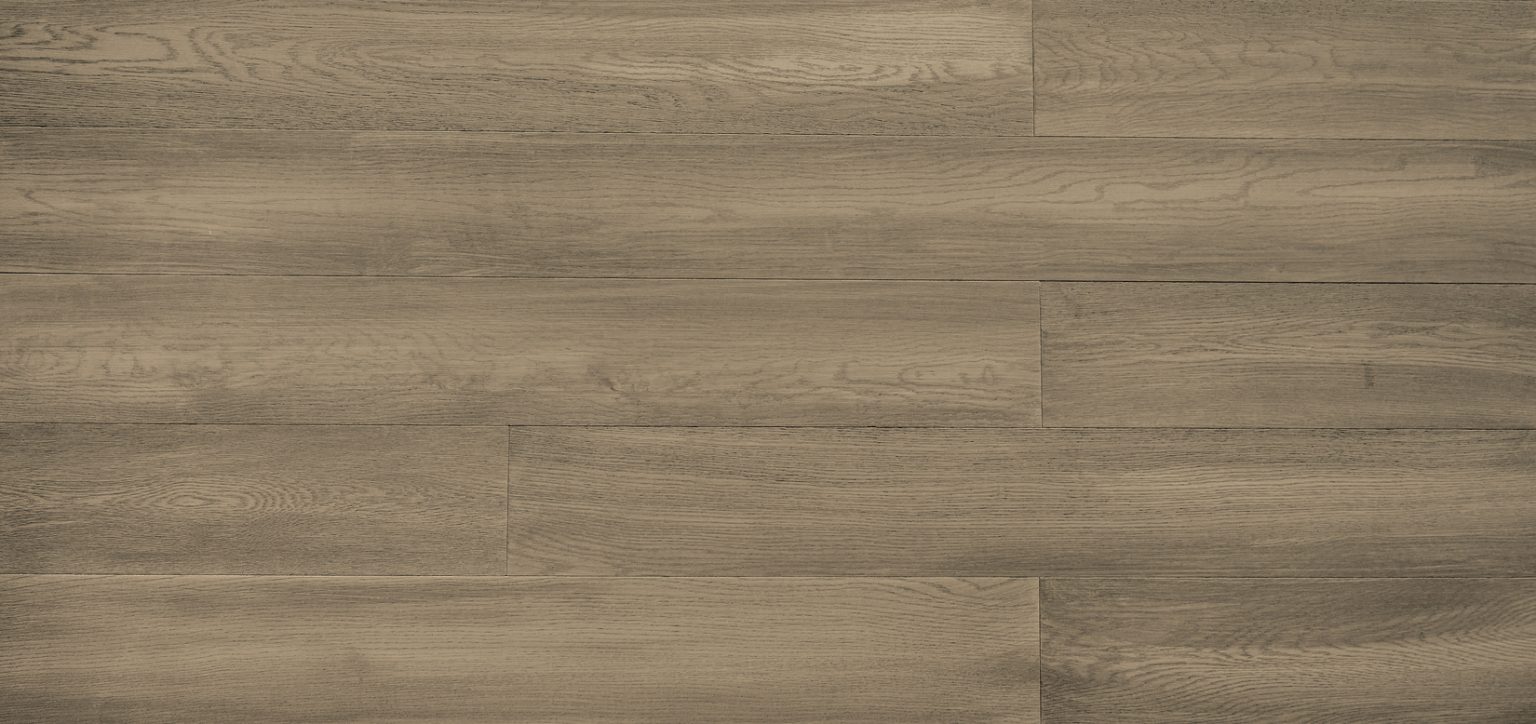
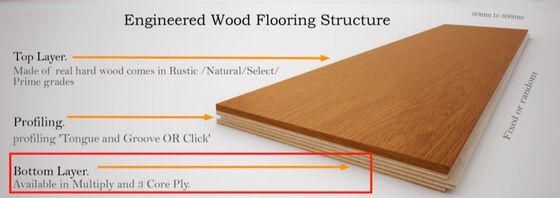
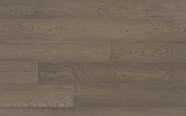
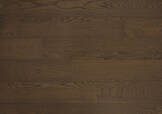
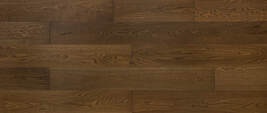
 RSS Feed
RSS Feed

